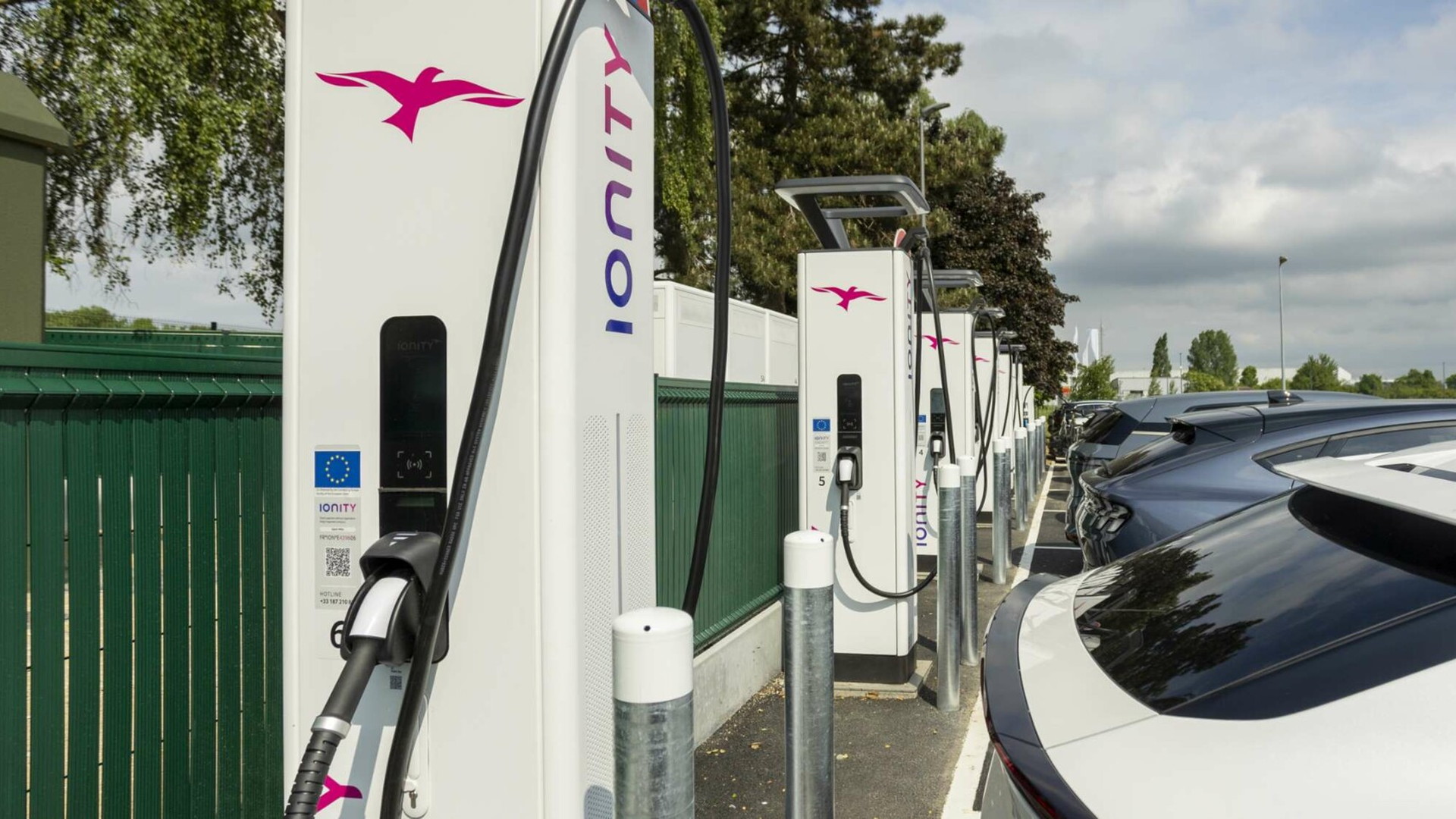After a slow start, electric cars could take another step forward in China as the country decides to waive its 10 percent purchase tax on the vehicles.
It's the latest effort by the country's policymakers to address China's pollution and energy independence issues.
Electric car sales have been abysmal in China while those in the U.S, Europe and Japan have taken off over the last few years.
Even though China has long offered healthy subsidies against the purchase of electric cars (up to $18,400 in some cases), consumer concerns over price, convenience and reliability have resulted in incredibly low sales figures--despite China being the world's biggest automotive market.
Even so, many companies--including Tesla Motors--still believe Chinese consumers will warm to electric vehicles, and have set their sights on the country to profit from any future growth.
China's government has done much to spur demand for the models in the last year or so, from extending its subsidy policy to limiting the sales of regular vehicles in some cities, where pollution is particularly bad.
MORE: Beijing Angles For More EVs: 1,000 Fast Chargers, Wiring Mandate For Buildings
According to Bloomberg, China's new tax break covers "new energy autos"--a term encompassing electric cars, plug-in hybrids and fuel-cell vehicles.
Vehicles will avoid a 10 percent purchase tax from September 1 until the end of 2017.
Timing couldn't be better for companies like Tesla Motors, BMW and Volkswagen, all of whom are either selling or intend to sell electric cars in the country.
Tesla began trading in China back in April, and while the company has its hands full with trademark trolls and dealing with minor issues, Chinese media reports suggest Tesla has sold around 1,300 vehicles so far.
MORE: China To Ban 6 Million Gross Polluters From Roads In Smog Fight
Tesla's pricing of the Model S is already considered competitive in China, as Elon Musk stated the company would not "rip off" its Chinese customers by adding a healthy profit margin over existing import taxes and sales taxes, like some other companies do.
BMW will begin selling its i3 electric car from September--just in time to take advantage of the tax break--while Volkswagen intends to sell its e-Up electric car too.
China’s Science and Technology Minister, Wan Gang, believes that more "preferential policies for electric vehicles" may be on the way over the coming years, helping the country's growing energy-saving and pollution-reducing goals.
He says that more work is needed to build infrastructure, but that electric vehicles are "high on [China's] agenda".
_________________________________________













